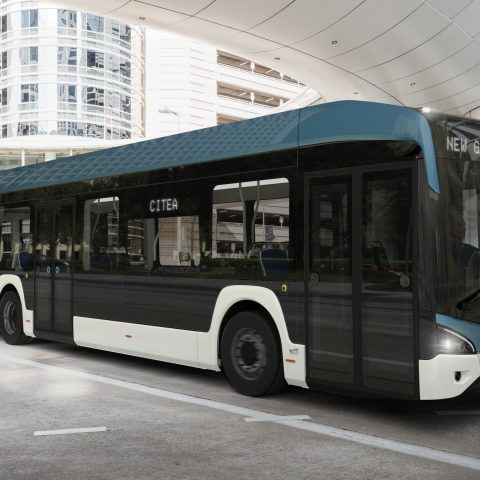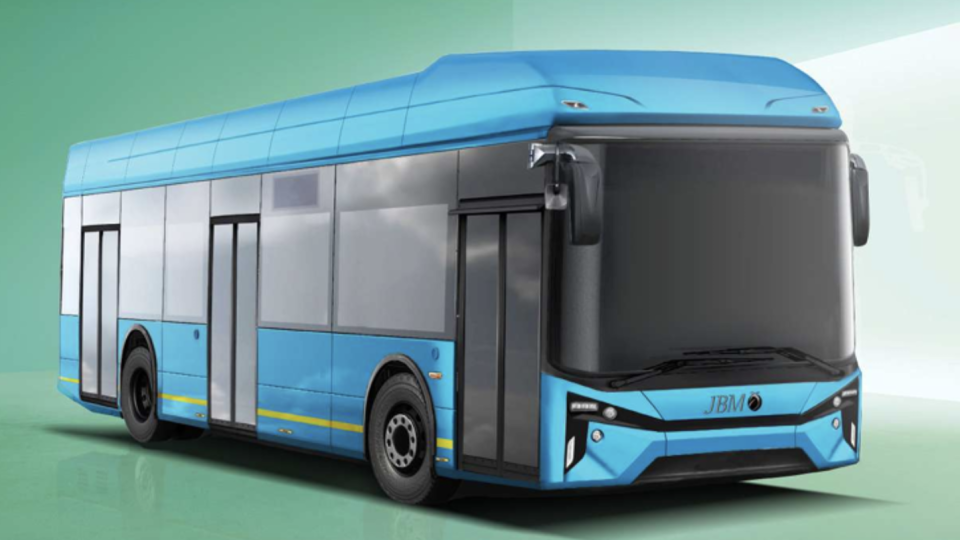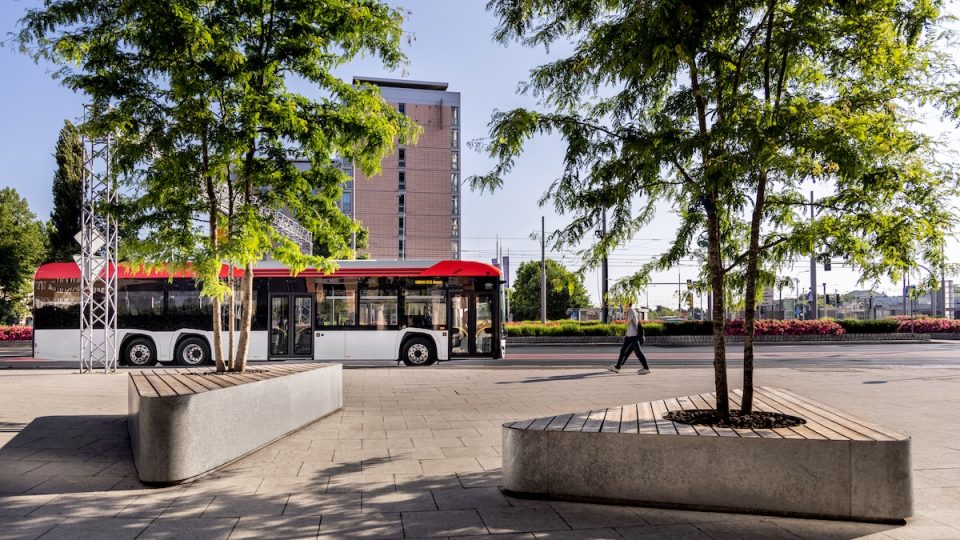Rheinbahn orders another 20 e-buses for Düsseldorf
Rheinbahn has ordered 20 battery-electric buses from VDL. Delivery of the first vehicles is scheduled for mid-2024. The investment volume is around 18.5 million euros. The state of North Rhine-Westphalia has approved around 7.5 million euros in funding for this through the Verkehrsverbund Rhein-Ruhr (VRR). In December 2020, Rheinbahn had put ten battery-powered buses from […]

Rheinbahn has ordered 20 battery-electric buses from VDL. Delivery of the first vehicles is scheduled for mid-2024. The investment volume is around 18.5 million euros. The state of North Rhine-Westphalia has approved around 7.5 million euros in funding for this through the Verkehrsverbund Rhein-Ruhr (VRR).
In December 2020, Rheinbahn had put ten battery-powered buses from Irizar e-mobility into service – eight of which were destroyed four months later in a fire at the bus depot in Heerdt (38 buses in total were affected). These are currently being delivered after Rheinbahn immediately reordered them.
Rheinbahn and the shaping of infrastructure for 60 e-buses
The new 20 buses ordered are 15 articulated and five solo buses. With a length of 18 metres, the articulated VDL buses with four doors offer 48 seats and 66 standing places. According to the manufacturer, the minimum range is 245 kilometres. For the 12-metre-long solo buses with three doors, 34 seats and 43 standing places, the manufacturer specifies a minimum range of 252 kilometres, Rheinbahn reports.
The buses are expected to operate from the depot in Heerdt on routes 729, 834, 835, 836 and SB51
Ten hydrogen buses are being delivered, the first of which are in test operation. The Europe-wide tender for ten more hydrogen buses is currently underway. Rheinbahn is then gaining experience with both emission-free forms of propulsion.
Michael Richarz, Rheinbahn Board Member for Technology and Operations: “The purchase of 20 battery buses is another step on the way to converting our bus fleet to emission-free drives. We are thus increasing the number to a total of 30 battery buses and are thus paying towards the climate targets of the city of Düsseldorf. With the construction of a modern bus port at our depot in Heerdt, which will soon begin, we are creating the necessary charging and parking infrastructure for a total of 60 battery buses – because the conversion to zero-emission drives not only means the procurement of such buses, but also the conversion of our workshop and parking infrastructure, as well as the massive expansion of our energy supply at the depots. This is being done in well-coordinated steps.”







